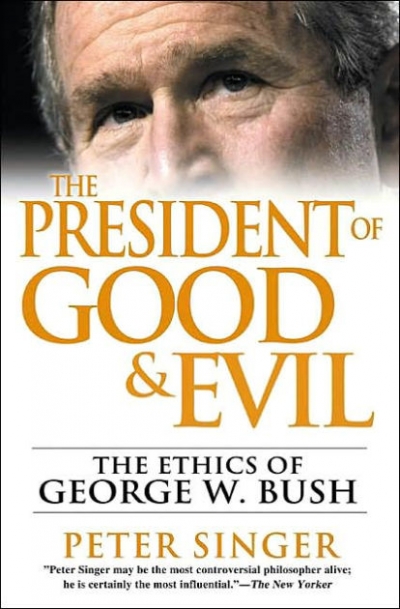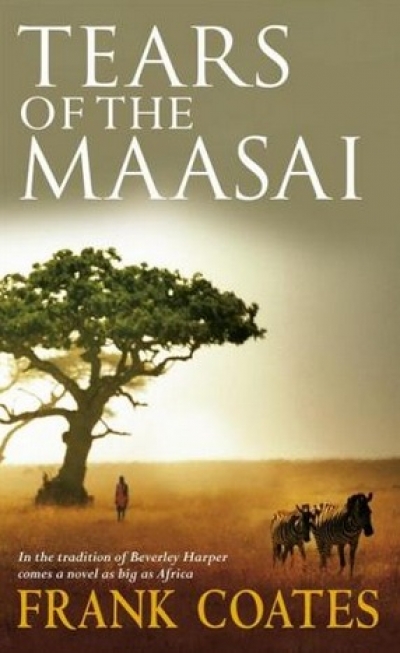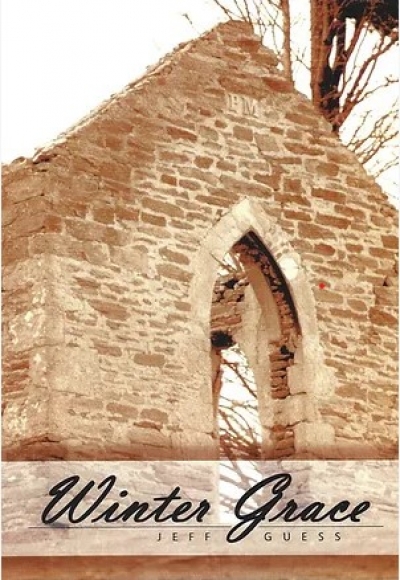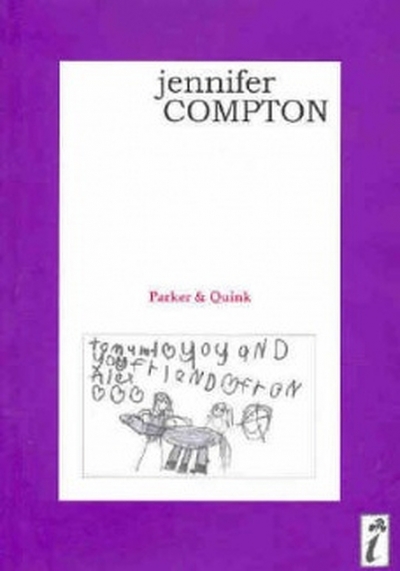Accessibility Tools
- Content scaling 100%
- Font size 100%
- Line height 100%
- Letter spacing 100%
Archive
The ABR Podcast
Released every Thursday, the ABR podcast features our finest reviews, poetry, fiction, interviews, and commentary.
Subscribe via iTunes, Stitcher, Google, or Spotify, or search for ‘The ABR Podcast’ on your favourite podcast app.
‘Where is Nancy?’ Paradoxes in the pursuit of freedom
by Marilyn Lake
This week on The ABR Podcast, Marilyn Lake reviews The Art of Power: My story as America’s first woman Speaker of the House by Nancy Pelosi. The Art of Power, explains Lake, tells how Pelosi, ‘a mother of five and a housewife from California’, became the first woman Speaker of the United States House of Representatives. Marilyn Lake is a Professorial Fellow at the University of Melbourne. Listen to Marilyn Lake’s ‘Where is Nancy?’ Paradoxes in the pursuit of freedom’, published in the November issue of ABR.
Recent episodes:
Proof & Truth: The humanist as expert edited by Iain McCalman and Ann McGrath
The President of Good & Evil: The ethics of George W. Bush by Peter Singer
with its east-facing rifts and cliffs
were visible; as though the full-bodied waves
that blow over it, freighted with kelp,
tidewood, and the bloated bodies
of dead seals were thermals,
sideways tracking and printed with spirals
that mark a slow convergence
of warm and nutrient-rich, cold water. ... (read more)
Made ghosts in all their country’s wars
they come, the young men in my dreams
with shattered skulls, intestines trailing
in the sand, the mud, the stuff the TV doesn’t
show unless it’s Africa. Or someplace else where
colour doesn’t count, democracy a word
they carted like a talisman, a passport
to the candles, bells of sainthood.
galah world, this is not wordplay, or deathpuns,
until the sun goes down, shocker, blood-letter,
hit and run make-over, splatterfest and gore show,
a ‘laugh-a minute’ partner wandering about in a daze, ... (read more)
Straight roads, built for driving fast.
You get out of winter in a day.
These paddocks so like thoughts you travel past,
strung out beside your asphalt purpose.
You get out of winter in a day.
Cattle fat as history watch you pass,
strung out and beside your asphalt purpose
in these vast effects of corroded light.
How do you bury a poet?
Surely not
how they buried Baudelaire
thrown in with his parents
like an infant death.
It stretches
to a ghastly irony
Pasternak’s remark
that poets should remain
children.





